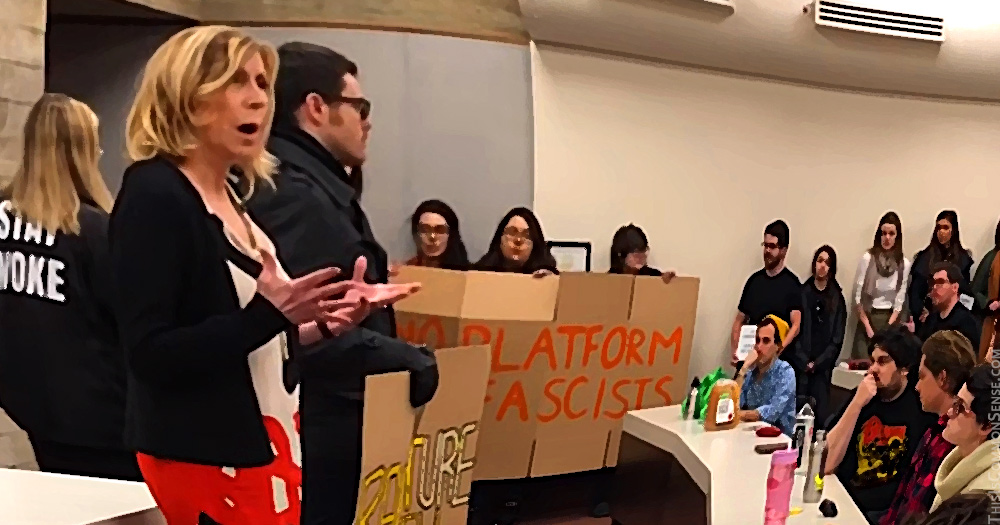I love a good protest.
My first was in Mrs. Grubb’s third grade class, after a substitute teacher gave us a ton of math homework. During recess we organized and delivered a written statement announcing a student strike against doing the math.
Believe it or not, the assignment was withdrawn, called an April Fools joke … but boy did we catch hell when Mrs. Grubb returned.
This week, with the school walkouts across the country to protest “gun violence” and demand “gun control,” some older kids finally got in the game. I may disagree with their public policy shibboleths and disdain their tone, but I would defend to the …
Well, you know.
The problem isn’t students or protests. It is the partisan government school system. The system’s taxpayer-paid agents — teachers, administrators — believe they can support student protest movements for changing laws they want changed, but block and punish protests on issues they do not favor.
And, especially, bring the hammer down on anyone who dares notice the double standard out loud.
Rocklin High School teacher, Julianne Benzel, “has been placed on paid administrative leave due to several complaints from parents and students involving the teacher’s communications regarding today’s student-led civic engagement activities,” the California school district said in a statement.
Benzel told CBS in Sacramento that she did not discourage her students from joining the protest — er, I mean, civic engagement activity. But in class, she did raise the issue of whether the school administration would similarly allow (much less facilitate, dare we say, encourage) student protests against abortion, instead of guns.
Let’s protest what we can actually change: public schools engaging in partisan political activity.
This is Common Sense. I’m Paul Jacob.











